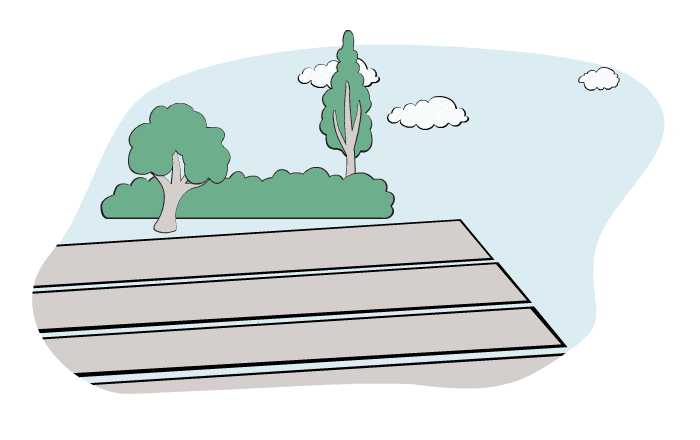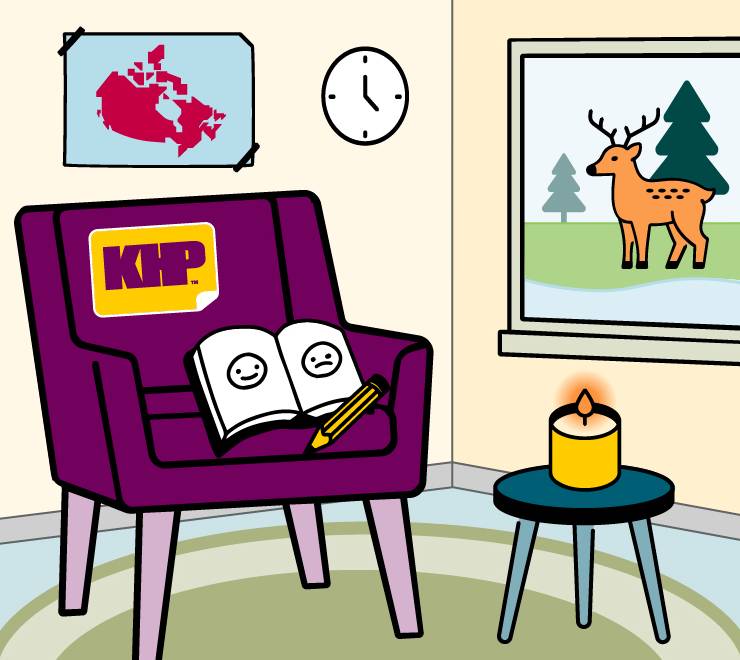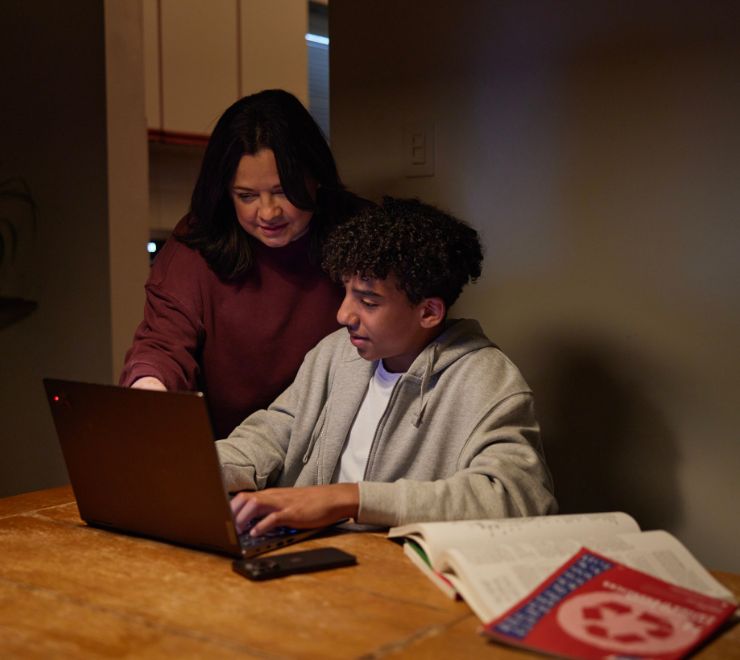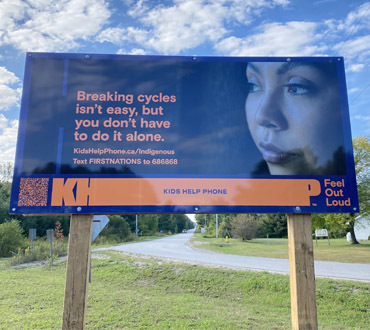Are you worried about a friend’s substance use? Noticing changes in someone you care about can bring up a lot of emotions — confusion, sadness, disappointment, anger and others. Here are some ways you can try to help a friend if you’re concerned.
How do I know if my friend is struggling with substance use?
It can be hard to tell if someone’s relationship with substances is changing. If you’re not sure if your friend is struggling, there are some ways to identify changes. Use the following to reflect on whether they are:
- using substances while at school or work
- missing more school or work than usual
- getting lower grades in school than usual
- spending money they don’t have on substances
- taking increased risks with substances (e.g. mixing substances or using more than their usual amount at one time)
- using substances alone
- isolating themselves or withdrawing from others
- relying on substances to cope with difficult circumstances
- showing changes in behaviours or moods
- expressing feelings of emptiness or hopelessness
- not engaging in activities they usually enjoy
- avoiding activities until they’ve used substances
- spending less time with friends or family
How can I have an open conversation with a friend?
Show empathy
It’s OK if you don’t understand what your friend is going through. There’s a lot of stigma and confusion about substance use. It can be helpful to do research to better understand why people use substances and why their relationship with substances may change over time. Being deliberate and respectful about your language choices can help your friend feel more seen and understood. This guide provides an introduction to using neutral and “person-first” language. Reflect on your friend’s positive traits and remember that they are more than their struggles.
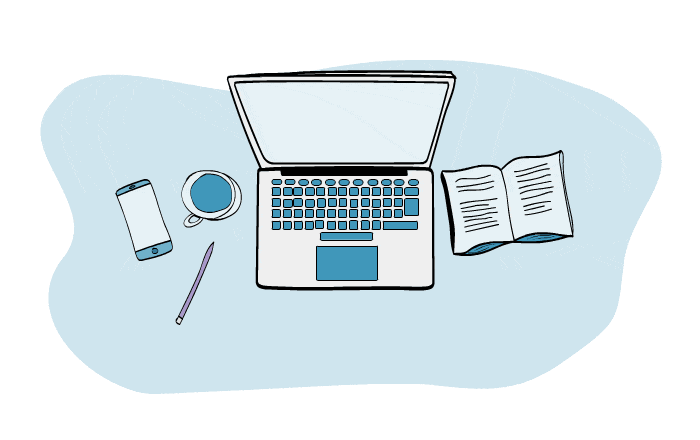
Consider the timing
It’s natural to feel nervous about preparing for what may be a difficult or awkward conversation. Let your friend know that you’d like to talk so you can agree on a time that works for you both. An ideal time is when your friend hasn’t been using substances, but what’s most important is finding a time when your friend is willing to talk. Choose a space — virtually or in-person — that’s quiet, comfortable and free from distractions.

Be honest and specific
Because there can be so much stigma and misunderstanding around substance use, it’s understandable if your friend feels ashamed or embarrassed. It may be helpful to talk about specific behaviours that led you to feel concerned. This lets them know that the discussion is not about them personally and more focused on the impact of their substance use.
Here are some examples of phrases that can help you share your feelings:
- “I’ve noticed a change…”
- “I was confused when…”
- “It hurts me to see…”
- “I feel worried about…”
By focusing on “I” statements, you can speak more honestly in a way that might prevent your friend from feeling blamed. Letting your friend know you’re there to listen if they need it is powerful. If you’d like to practice what you’ll say first, you can try writing a letter.
Share resources
You don’t have to have all the answers. Ultimately it’s up to your friend to decide what their next steps are. Having ideas for where they can find support reaffirms they are important and loved. It’s possible they’ve thought about getting help and haven’t known where to start. By offering resources and suggesting talking to a safe adult, it bridges the gap between them thinking about getting support and taking the next step.
Here are a few suggestions to share with your friend:
- Tips and ideas to reduce risks and prioritize safety when using substances
- Kids Help Phone’s Resources Around Me to find support in their area
- Apps and workbooks that promote healthier substance use habits

Take care of yourself and get support
Supporting someone with their substance use can be hard. It’s up to your friend to decide when and if they want to make a change. It’s OK to set boundaries during and after the conversation. It’s also important to reflect on the ways you want to stay in contact with your friend. This could mean things like not answering calls from them at night or not spending time with your friend when they have or are using substances, if that’s what feels right for you.
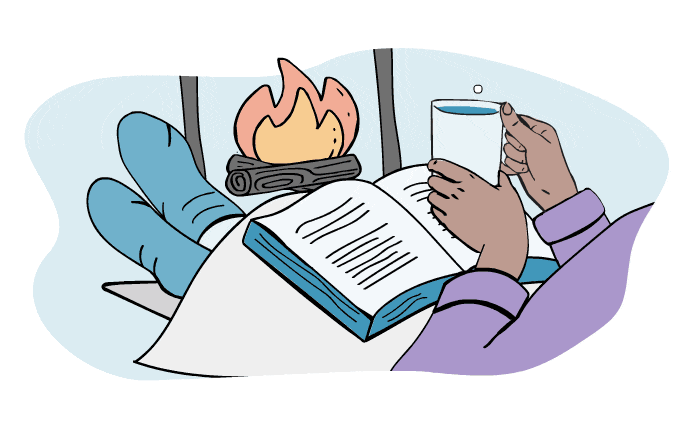
Even if you’ve followed these tips, there’s a chance that the conversation may not go how you’d like it to. Expressing your concern and showing you care goes a long way. And before approaching your friend, make a plan to practice your own self-care after the conversation.
We encourage you to use these suggestions to help you prepare and start a conversation with a friend about their substance use. If you’d like to learn more about helping a friend through a rough patch and ways to take care of your own mental and emotional health, you can reach out to someone you trust for support.

